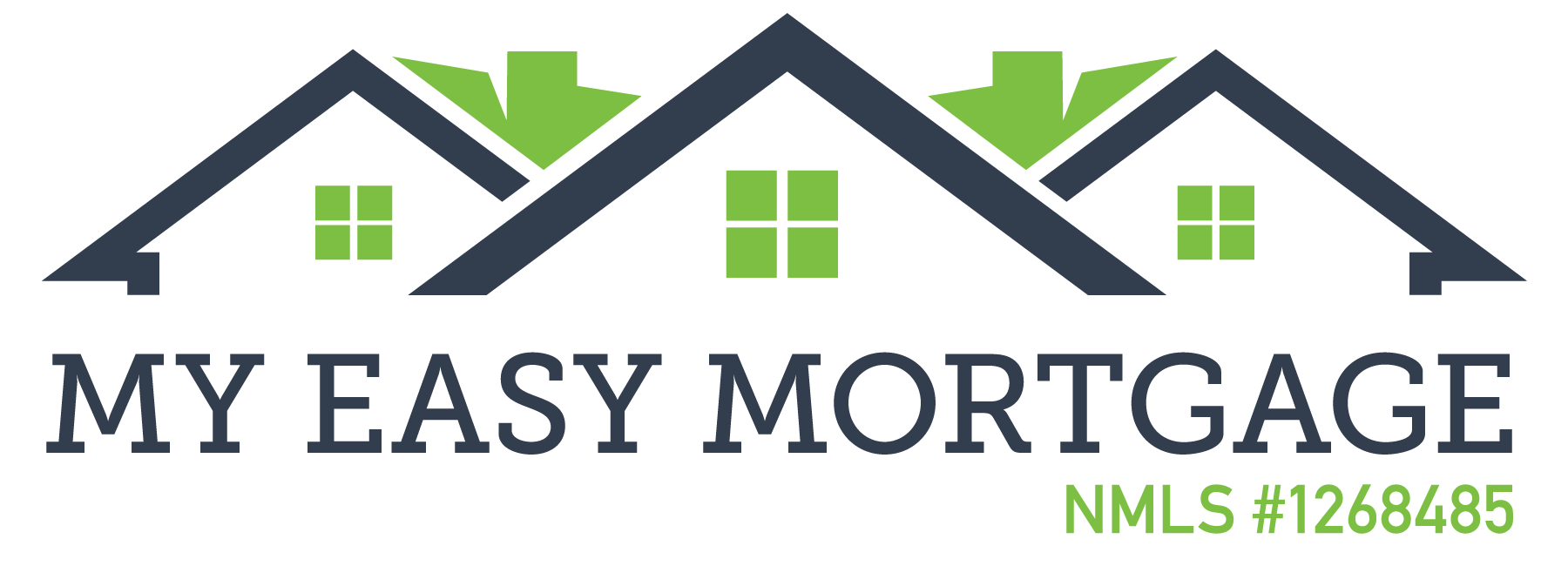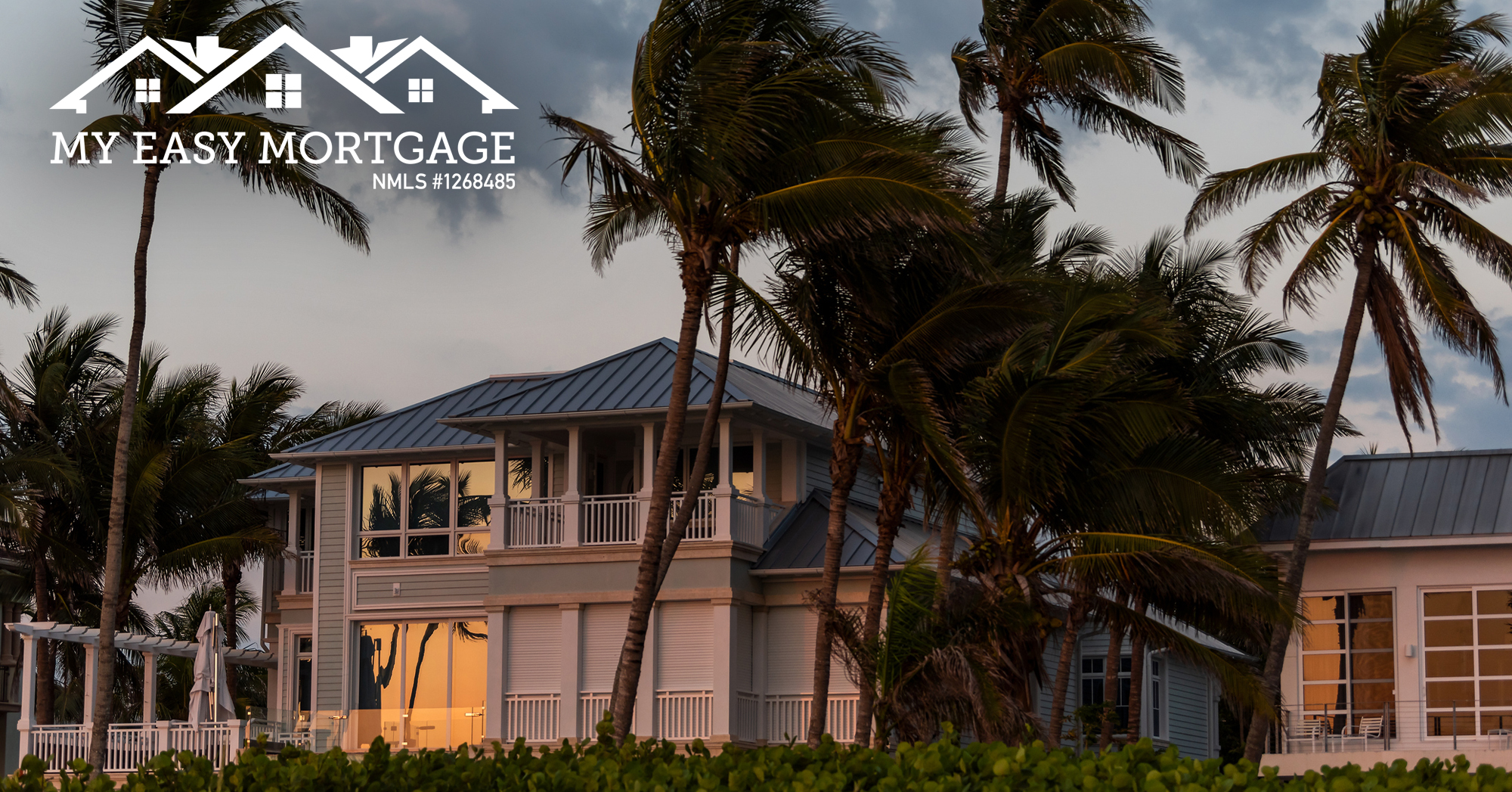The warm weather, diverse communities, and beautiful coastlines have always made Florida’s real estate market unique. Unfortunately, because of a hurricane, the landscape can shift very dramatically. When buying a first home or looking for a second property in Florida, it is essential to understand how the home-buying process is affected after a major storm. This guide encompasses assessing storm damage to understanding insurance implications and flood zones.
Impacting Property Values
Let’s touch on the impacts of hurricanes on property values. Property values can go up and down, dropping temporarily due to perceived risks, and others may become more affordable if sellers want to move.
- Long-Term Market Stability: Once they complete the repairs and restore the properties, the market usually stabilizes, and home values bounce back, especially in desirable locations.
- Short-Term Price Fluctuations: Immediately after a hurricane hits, many homes may have a lower listing price because of damage or recovery uncertainty. Buyers are then in a very competitive market with homes that need partial repairs or are waiting for further restoration.
If you are willing to explore the post-hurricane landscape and deal with potential risks, buying during this time may get you an excellent deal on a home. Please approach the process with caution and an understanding of the risks involved.
The Power of a Home Inspector
Secondly, it is essential to look for storm damage and assess the repair needs of a home. Searching for damage is one of the most critical steps in buying a house after a hurricane. Look for structural damage (sagging ceilings, cracks in foundation/walls, broken windows), flooding (signs of mold/mildew and water stains on walls, ceilings, and flooring), and roof damage (missing shingles, structural issues and leaks). Get a qualified home inspector or contractor to thoroughly inspect the property. You never know; even homes that appear ok and ready to move into may have non-visible underlying issues. Also, a more specialized inspection for roofing and flood zones should be considered. Have the roof’s condition checked to ensure it meets Florida’s hurricane-resistant standards, and have an expert assess the home’s flood risk. Expert assessment is so important, especially near low-lying or coastal areas. Make sure to factor repair costs into your budget and see if the seller has decided to make repairs. A discount on the property may be offered in lieu of repairs.
Hurricane Insurance
Thirdly, evaluating and considering your insurance options is extremely important. The topic of homeowners insurance can get tricky in hurricane-prone areas, especially when a hurricane has recently hit it. The primary insurance types you will need are hurricane, flood, and windstorm insurance. The state of Florida requires hurricane insurance for homeowners. Hurricane insurance typically includes wind damage coverage, but ask your seller for their current hurricane insurance policy to ensure it’s sufficient for the area. If a home is in a flood zone, homes require additional flood insurance. Although there may not have been any flooding, it is essential to understand the flood risk. Florida’s coastal areas are prone to storm surges, and flood damage can even occur in homes outside designated flood zones. Windstorm insurance is another insurance option that protects your home against high winds. Check if the home you are considering purchasing has wind mitigation features like reinforced doors, hurricane shutters, and impact-resistant windows. These can lower your insurance premiums. You need to prepare for potentially higher premiums in hurricane-prone areas, but always check to see if the home has discounts or wind mitigation features that could lower the insurance price.
Flood Zone and Codes
Another thing to consider when buying a home post-hurricane is verifying the home’s flood zone status and checking for building code compliance and storm-ready features. One of the most critical factors in determining whether or not a property is a good investment post-hurricane is having a clear understanding of the flood zone designation. What is a flood zone determination, you may ask? Flood zone determination is when FEMA assigns flood zone designations to help you understand the risk of flooding in a certain area. High-risk flood zones are A or V and may require mandatory flood insurance, which can increase your monthly costs. When buying a home in a flood zone, review the property’s flood history. Although it may not have flooded, it can be at risk during future storms. Ask for a flood zone map and ensure the seller discloses any past flood damage. Elevation of the property can make a huge difference regarding the flood risk. Verify this information with your local authorities and insurance agent. Remember, homes are built above base flood elevation (BFE) are less likely to flood.
After Hurricanes Andrew and Irma hit Florida, the state of Florida released stricter codes to make homes more resilient to storms and high winds. Be sure to verify the following: Building codes and storm-ready features. Ensure the home meets the state’s current building codes, especially roof strength, window protection, and wind resistance. Homes built after 2001, when updated building codes were implemented, will generally be more resilient to hurricanes. Look for homes with storm-ready features such as reinforced foundations, stringer roof systems, hurricane shutters, and impact-resistant windows/doors.
Neighborhood Impact
Make sure to assess how well a neighborhood and local infrastructure are recovering from the storm. Some neighborhoods may take longer than others. Some things to consider are utility, infrastructure, and community resilience. Has the water, electricity, and internet been restored to an area, and how long did it take? Are there specific efforts in place to help the community recover? Do they have road repairs, debris removal, or rebuilding programs? There may even be areas with improved drainage systems or stronger local policies for hurricane preparedness. Be sure that you are comfortable with the neighborhood’s recovery timeline.
You will also need to seek expert guidance when purchasing a home post-hurricane. It can be extremely overwhelming, but making sure you have great professionals on your side can make a huge difference in the process. You should work with a real estate agent familiar with hurricane zones, insurance requirements, and the details of buying a home post-hurricane. They can connect you with trusted inspectors/contractors and guide you. They will make sure you’re making a sound investment.
Conclusion
Although there are some unique challenges when buying a home in Florida post-hurricane, it can also provide opportunities for buyers. You can make a confident decision by assessing the things mentioned in this article. Remember to work with professionals who understand the Florida/local market and the complexities of hurricane-prone areas. When you prepare thoroughly and have the correct knowledge, you can navigate the home-buying process post-hurricane and secure a safe, resilient property for years to come.
Whether you are a first-time buyer or looking to refinance, My Easy Mortgage, a reputable mortgage broker located at 2405 Creel Ln STE 102, Wesley Chapel, FL 33544, and 16703 Early Riser Ave Suite 264 & 266 Land O’Lakes, FL 34638, has a team of experienced professionals who can guide you through the process. Contact them at (813) 513-9846 to discuss your mortgage needs.

